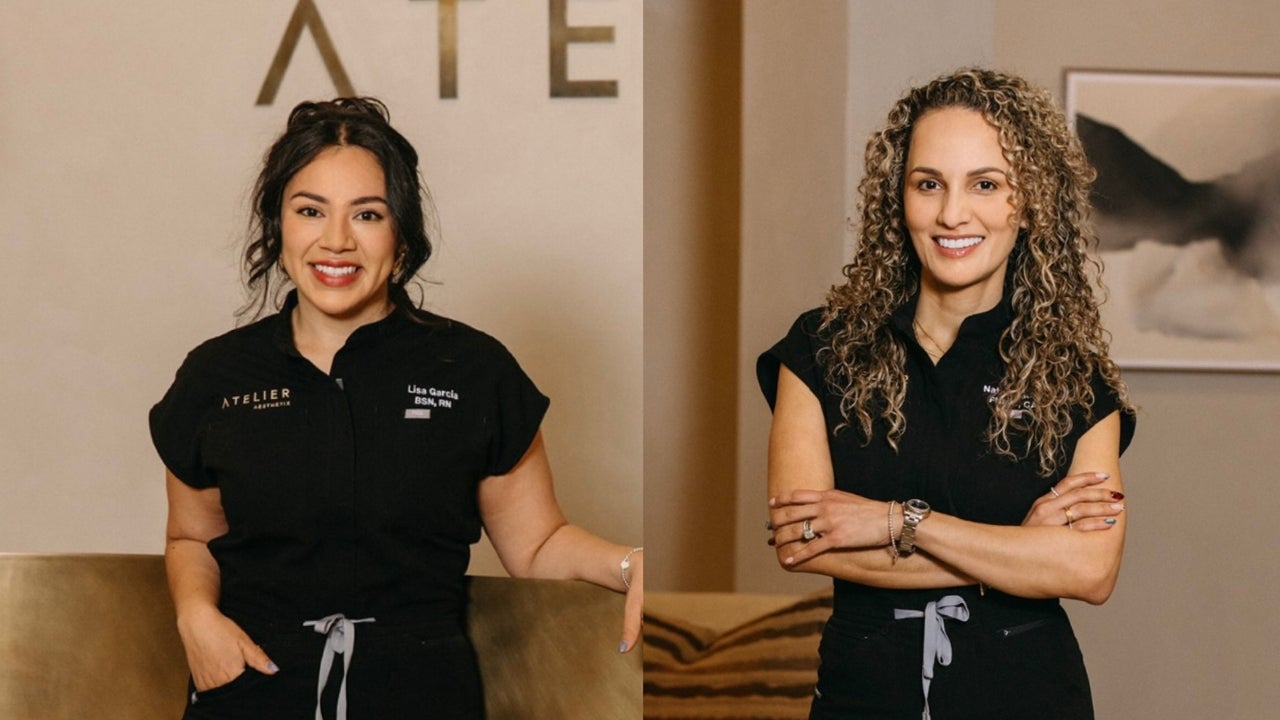Shop, own, dispose: This S’porean built an app that makes buying consumer electronics ‘ximple’
He suffered two business failures, and went on to build Ximple, a platform that allows users to search and compare prices of electronics.

The entrepreneur is a strange creature. In a society where failure is looked down upon more than anything else, entrepreneurs risk ridicule and resources when they choose to start their own business.
Failure is not something generally looked well upon in Singapore. From a young age, many of us have an intense fear of failure being drilled into us. Whether this is a fear of failing in exams, failure in our careers, or anything else, failure is likely one of the top few things that we as Singaporeans fear the most.
Yet, failure still finds a way to get to many of us — none more so than startup founders: an estimated 90 per cent of startups fail, and 10 per cent of them fail within the first year. But as they say, to fall is not to fail — failure is not getting up again.
This could not be more true for Wong Wai Jeat, who rose from the ashes of two failed startups to found award-winning startup Ximple.
When everything goes wrong, try again
Wai Jeat had always dreamed of having a successful business. To him, it was a way of giving back to the community, and impacting real change in that community. To that end, Wai Jeat actually started two companies before Ximple, offering business consultancy and solutions.
Yet, both were not part of the 10 per cent of startups that succeeded and by 2014, Wai Jeat had decided to call it quits on both of them.
These were not the only challenges that he faced during that year. His personal life also came crashing down as his father passed on and he went through a messy divorce that saw him lose his wife and kids.
Having lost everything, Wai Jeat decided to channel his energies into the last thing that had not left him — his dream of starting a successful business.
Support was not forthcoming to say the least. Wai Jeat recalls that among his friends and family, a recurring question that he heard was ‘Why don’t you just get a stable job?’.
It gets demoralising at times, but I appreciate their concern rather than seeing it as a criticism. They are concerned if I have enough to feed myself and lead a decent life rather than working 24/7 a week with little to spend.
– Wong Wai Jeat, founder and CEO of Ximple Wong Wai Jeat, founder and CEO of Ximple / Image Credit: Ximple
Wong Wai Jeat, founder and CEO of Ximple / Image Credit: XimpleFinally, in 2017, while trying to organise his own warranties for his own appliances, he struck gold.
The realisation hit him that he was probably not the only one who found warranty-tracking and electronics disposal a hassle and struggled with it — and this was something that he could very well help the community tackle.
Learning from past mistakes
This time, Wai Jeat was determined to make his startup a success and he took the time to critically examine where he had gone wrong for his previous two startups.
“For both of my previous startups, we had talents who were good with tech, but we sorely lacked anyone who could help to market the business well. Yet, pitching for investment or working with business partners requires a lot of salesmanship. I realised I needed to sell values rather than features — a difficult switch since as a technical person, I’m used to the latter,” he explains.
To give Ximple a better shot at success, Wai Jeat pushed himself to improve on his own salesmanship. He enrolled himself in public speaking courses, and actively sought to connect with creative people to learn from them.
 Image Credit: Ximple
Image Credit: XimpleEven with this effort, Wai Jeat only paid himself S$2,500 a month — a considerably low sum for the amount of work that he was putting in.
Throughout this, Wai Jeat continued to improve on his ideas, and eventually arrived at Ximple’s current model. While the idea was initially for an app to help consumers track their electronics warranties, Wai Jeat expanded on it to also include options for consumers to shop for these electronics, as well as to help them dispose of these electronics properly.
Ximple started as a warranty tracker for all consumer electronics products. Tracking consumer warranty helps make our lives easier. But the initial idea has to evolve because a warranty tracker [alone] cannot generate enough stickiness to the platform.
As consumers, we always question ourselves: what more is needed in order to provide a more holistic experience? That’s how Ximple transformed itself from a small warranty idea to what you see now: an app that helps consumers with shopping, owning, and disposing of their electronics.
– Wong Wai Jeat, founder and CEO of XimpleXimple helps consumers track their warranties through the app’s cloud-based platform, and when users wish to replace their products, it also helps them shop for new products and track warranties for these new items as well.
As for the replaced products, users can also sell, recycle, or donate these devices through the app.
 Image Credit: Ximple
Image Credit: XimpleAt Ximple, we are trying to promote a circular economy where products’ lifespans can be maximised, and products can be recycled at the end of their life. It’s a growing network of partners who can help to make sure that electronic waste is minimised, while consumers get the most out of their purchases.
– Wong Wai Jeat, founder and CEO of XimpleIt currently has more than 50,000 monthly users
By many measures, Wai Jeat has succeeded in his goal of building a successful startup. Ximple now boasts more than 50,000 users a month, and has amassed US$1.7 million in funding.
On top of this, Ximple has also been awarded a Certificate of Merit at the 2021 Asia Smart App Awards.
 Image Credit: Ximple
Image Credit: XimpleEven the COVID-19 pandemic has not managed to keep it down, as the app saw greater traction as shopping moved online. While the onset of the pandemic delayed plans for Ximple’s overseas expansion, the app saw an increase in usage as consumers flocked to use its price comparison and e-commerce functions.
Currently, Ximple is expanding into Malaysia, and has even been named as the official provider of smart living solutions for an up-and-coming smart city property development in Malaysia.
But Wai Jeat is already planning for the future beyond Malaysia. “While only consumers in Singapore and Malaysia will get the full experience of Ximple for now, we have also received interest from other countries like the Philippines, Australia, and India. Once we find the right partners, we will expand to other countries as well,” he shares.
In Singapore, where failure is often frowned upon and our paycheck is a common yardstick to measure success, passion often doesn’t pay.
Wai Jeat’s story is one of boundless courage and determination, one that shows that we can still find what the Japanese call ‘ikigai’ — something that one is good at, loves, gets paid for, and is also something that the world needs.
Ximple’s story is really that simple — it is a company that helps consumers and the environment, and it’s also a company that was founded from Wai Jeat’s realisation of how consumers can benefit from the advances of technology; something that he has been passionate about.
As Wai Jeat put it himself, “At the end of the day, the challenge in building your own business doesn’t just stem from the long hours you’re willing to sacrifice, or the guts to take ownership over something by yourself. It’s also about finding out what people need and building something to help them.”
Featured Image Credit: Ximple

 Astrong
Astrong 






























